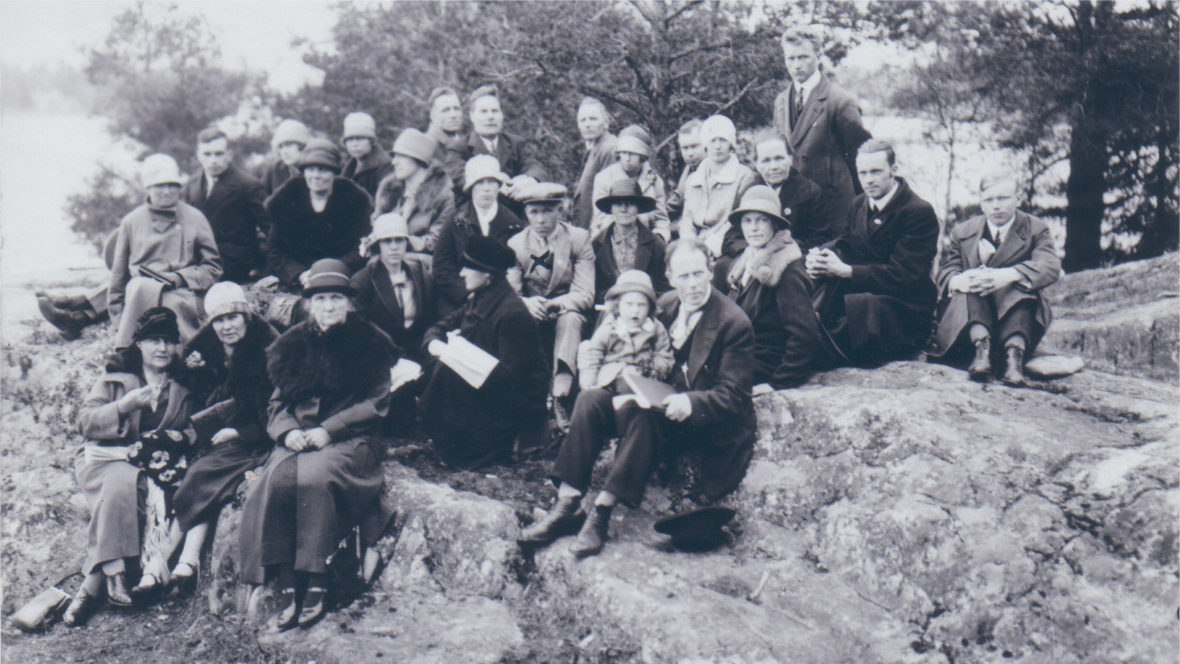History

The Peace Union of Finland is a politically and religiously neutral organisation. It had a predecessor in Finland already from 1907 to 1913, during the years of Finnish autonomy in the Russian Empire. Finland became independent in 1917.
The present Peace Union was founded in 1920 as “Peace Union of Finland – Association for the League of Nations”. In its first agendas, the Peace Union placed emphasis on themes such as support of international law, non-violent conflict-solving, disarmanent and peace education.
A variety of intellectuals were involved in founding the Peace Union. These pioneering individuals had been previously involved with Christian peace and labour movements, teetotallers, feminists and universities.
Several well-known Finnish figures have participated in the Peace Union, such as parliamentaries and authors Leo Mechelin and Väinö Voionmaa, Mathilda Wrede, who was especially dedicated to improving the conditions of prisoners, and authors Selma Anttila and Doctor Maikki Friberg. Also, the most well-known conscientious objector Arndt Pekurinen was a member until he was executed during the Continuation War in 1941.
War Brought Difficulties
Operating a peace organisation during the Second World War was problematic. For example, the long-term chairman Felix Iversen was charged for insulting “head of foreign state”, because he had published an article, which criticiced Adolf Hitler.
Despite the challenges, the Peace Union managed to survive even during the hardest times.
After the Second World War, the name of the Peace Union was changed to the Peace Union of Finland – Association for United Nations. Today our name is simply the Peace Union of Finland – or in Finnish and Swedish: Suomen Rauhanliitto – Finlands Fredsförbund.
International Peace Bureau
Since its founding, the Peace Union of Finland has been a member of the International Peace Bureau, which in turn had been established in 1892.
Today, the IPB is the oldest and most broadly operating international network for peace organisations.
The IPBs founders also launched the union of parliaments, Inter-Parliamentary Union in 1889.
In 1910, the International Peace Bureau was awarded with the Nobel Peace Prize.
